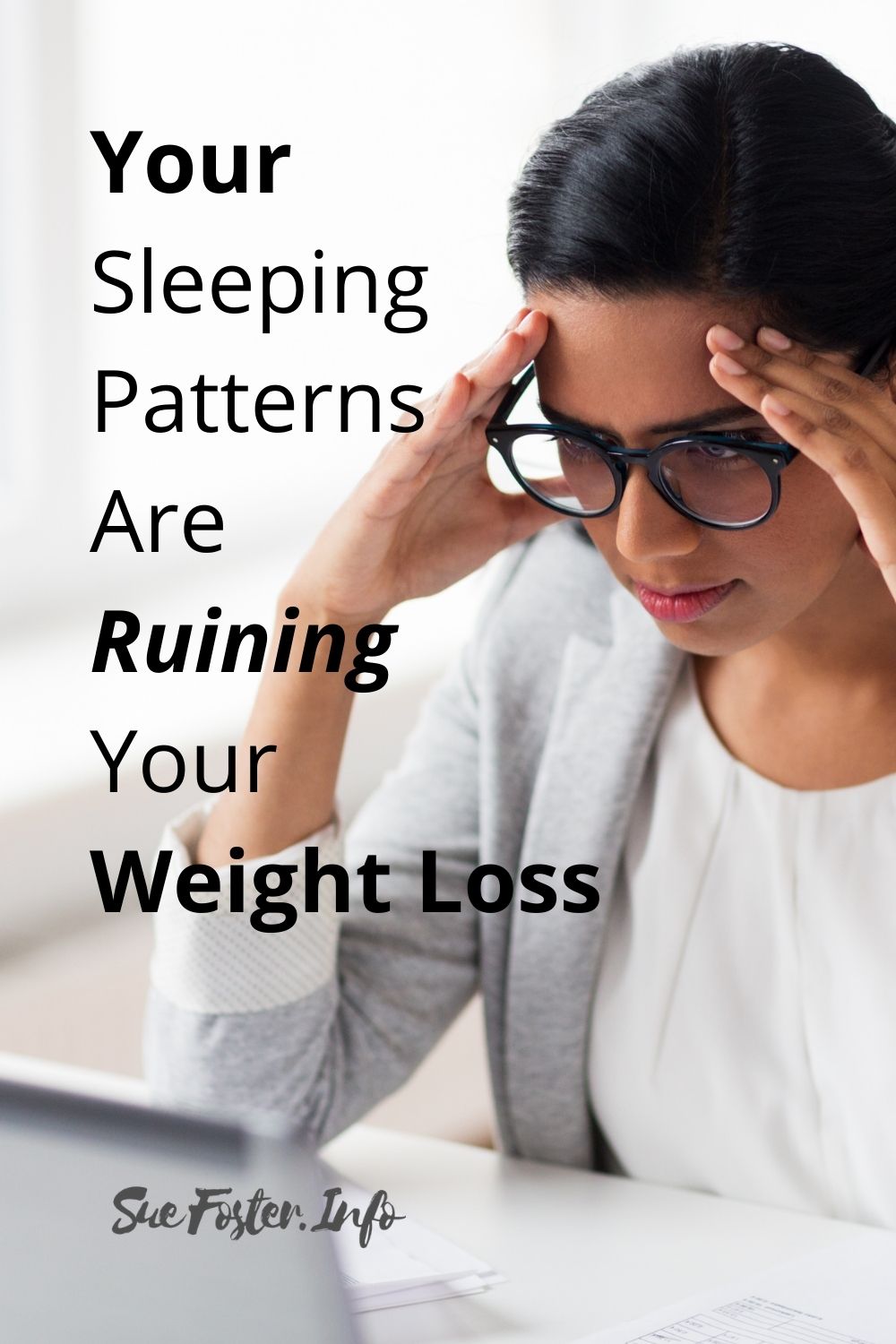So you’ve done everything — you’re counting your calories, you’re following structured home workout programs, and you’re doing your best not just to be a couch potato on weekdays. However, the scale doesn’t seem to be very generous. By your estimates, you should have lost more, considering the amount of work you’ve put in. So what gives?
There are many potential culprits, like the quality of food you’re eating and your form during exercise. However, there might be a secret sabotage happening in the dead of night: your sleeplessness might be ruining your weight loss plan.

How Is Sleep Important for Weight Loss
The basic formula for losing weight is to burn more calories than you consume. This causes the body to burn through its fat storage, which, in turn, causes you to lose weight.
However, it’s not that simple for many people. Many factors contribute to weight gain or loss, including your metabolic rate, muscle mass, and even your sleep. This is because fat doesn’t exist in a vacuum. It is controlled and influenced by the entire body system.
There’s still a debate within the medical community about the exact relationship between sleep and weight loss. But the Sleep Foundation observes that existing research shows a positive correlation between good sleep and healthy body weight. This means that the better you sleep, the higher the chances of achieving and maintaining the ideal weight.
How sleep affects weight is still under investigation, but sleep experts have put forward several assumptions. Some of these might ring true.
Sleep Affects Your Appetite

Appetite is a silent player in weight loss gain. Even if you stick to your workout routine and supplement it with body slimming handsets and work-intensive household chores, a big appetite stands in the way of sustainable weight loss.
Two neurotransmitters, ghrelin and leptin, regulate appetite or the need to eat. Ghrelin makes you feel hungry and spikes when the body needs fuel. On the other hand, leptin makes you feel full and spikes when the body thinks it has had enough fuel.
As with every other hormone in the body, sleep helps regulate the production of these neurotransmitters. If you don’t sleep enough, or if your sleep quality is terrible, the body may have a hard time controlling ghrelin and leptin levels. It might produce more ghrelin and less leptin. This increases your appetite and pushes you to eat more. And it doesn’t guarantee that you’ll make a healthy choice.
Instead of parboiled brown rice and steamed veggies, you might binge on cheese pizza or fries. A 2012 study also proved that poor sleep could cause you to overeat. When you are sleep-deprived, there’s an increase in brain activity in areas associated with reward when you’re presented with food stimuli.
So when you overeat, it’s not about being undisciplined or indulgent. Sometimes, the body tells you that it needs something. And in this case, you need more sleep to combat the urge to eat. ;
Sleep Affects Your Motivation to Move
It’s a fact that sleep deprivation makes you feel lethargic throughout the day. During high-quality sleep, the body recalibrates many of the functions needed to keep you alive, like temperature regulation, immune system functions, and hormone production. All these play a part in dictating your energy levels.
As such, losing sleep can lead to less energy for the day’s tasks, including exercise and physical activity. It’s easy to say that you’re skipping one day—what harm could skipping 30 minutes do? However, small skips can add up to a large amount of exercise you miss and hundreds of calories you didn’t burn but continue to consume.
Moreover, lack of sleep makes exercise less safe, too. Imagine weightlifting while being groggy. You’re unlikely to drop the kettlebell on your feet, but you might be sacrificing your form. This could lead to inefficient calorie burning and muscle injury.
Pay Attention to Your Sleep
So, as you assess your weight loss progress, look back to when you didn’t get enough sleep, causing you to overeat and skip exercise. You’ll notice that your sleep is an integral part of your journey and that you shouldn’t skimp on rest.
Don’t just sleep longer — you have to sleep better, too. Quality of sleep is just as important. Follow a regular sleep schedule, put away your phone an hour before bedtime, and make your room as cosy as possible. Remember that weight loss involves the whole body, not just your fat deposits, so it requires a holistic approach.


